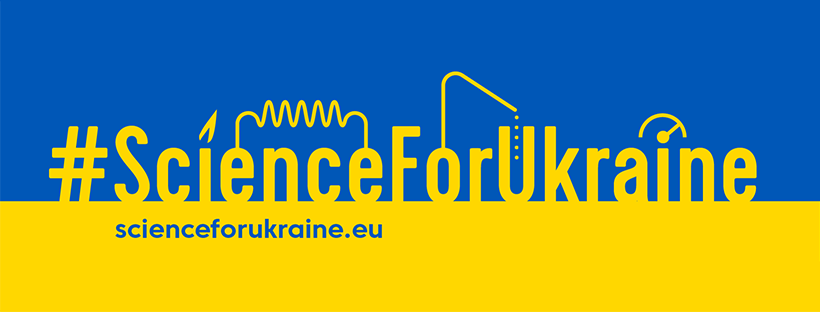Beyond Resilience: Professional Challenges, Preferences, and Plans of Ukrainian Researchers Abroad is a report resulting from a #ScienceForUkraine survey. It provides first-hand reliable information on the professional challenges and preferences regarding the support measures for those Ukrainian researchers who left Ukraine in the aftermath of the Russian invasion of 24 February 2022. The findings are meant to guide planning support programmes by academic and funding institutions. They help address the research needs of Ukrainian scholars by providing information about their demographic profile, discipline and career stage, as well as about the particular professional and living challenges they face. While navigating the uncertainty of both their personal and professional lives, Ukrainian scholars express not only a great resilience and strength in coping with their current situation, but also a great level of care about the future of their home institutions and the post-war recovery of the Ukrainian science system.
The survey is of exploratory character and is based on 619 responses of Ukrainian researchers. According to estimates of the Ukrainian education ministry, this constitutes more than 10% of all Ukrainian scientists abroad..
Professional situation abroad. More than one third of our respondents work remotely at Ukrainian institutions while over half are currently attached to a foreign institution through a scholarship, temporary employment, or, very rarely, a permanent position.
Relationship with the home institution. At the time of participation in the study, most respondents performed remote work for a home institution under the same conditions as before the invasion (30.16%) or were on unpaid leave (28.75%). Just over half of the respondents have been receiving their salary or scholarship from their home institution. Regardless of the current professional situation in relation to their home institution, almost 85% sought offers of support from outside of Ukraine.
Preferred support types. The majority of respondents marked their preference for those support measures which entailed stronger bounds with host institutions like research grants and internships. More than one third opts for a permanent or temporary position, with only slightly more than a quarter favouring scholarships. The majority preferred long term support (i.e. a year or longer). When asked about the importance of different support types, respondents valued accommodation and salary the most, followed by family allowance, ability to work remotely and medical insurance.
Main obstacles. Among the most important obstacles faced, respondents indicated an insufficient number of offers in their disciplines, followed by their lack of experience in applying for external funding, in addition to language barriers.
Plans and ideas. If the war was to end in a few months, more than a third expressed a desire to return to Ukraine. The analysis of open questions about their plans for the future reveals that Ukrainian scholars have clear and thoughtful opinions about the post-war recovery of Ukrainian science, positing such steps as immediate changes in the funding system, overall reform of higher education and science management at the state level, and greater autonomy of the universities.
Demographics. The majority of respondents are females aged between 40-49 years, located in Poland or Germany in large cities. Overall respondents resided in 35 countries in Europe and North America. Over two thirds of respondents are accompanied by family members, usually by children (over 50%). Almost two-thirds of respondents (62 %) were senior researchers (7+ years after receiving a doctoral degree). The majority of the respondents represent social sciences (29%) and humanities (17%), as well as natural sciences (25%).
The survey has been conducted by researchers from #ScienceForUkraine, Institute of Literary Research of the Polish Academy of Sciences (IBL PAN), Centre of Migration Research of the University of Warsaw (CMR UW), the Young Scientist Council at the Ministry of Education and Science in Ukraine (YSC), Warsaw School of Economics (SGH).
The project has been partially implemented by University of Warsaw within “Excellence Initiative – Research University” programme.
Who we are. #ScienceForUkraine is a grass-roots initiative of an international group of volunteers established shortly after Russia’s full-scale invasion of Ukraine. Our mission is not only to support the Ukrainian academic community in surviving the war, but also to help ensure the continuity of scientific advancements made by Ukrainian academics and strengthen their presence in the international science arena.



